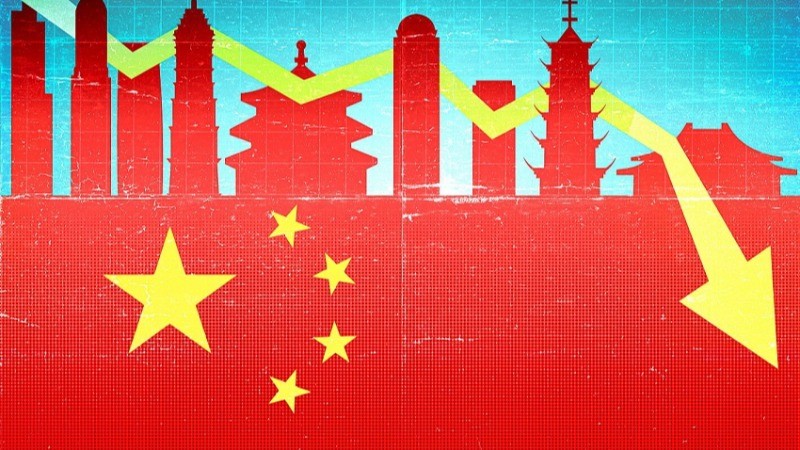
BEIJING – China's economy showed signs of slowing down in August, with reduced activity in industrial production, retail sales, and real estate. The data, released by the National Bureau of Statistics, highlights ongoing challenges for Beijing as it seeks to stimulate demand and boost economic growth.
"We should be aware that the adverse impacts arising from the changes in the external environment are increasing," said Liu Aihua, the bureau's chief economist, during a news conference. Liu emphasized that domestic demand remains insufficient and the economic recovery continues to face numerous difficulties.
China has struggled with a sluggish economy following the COVID-19 pandemic, marked by weak consumer demand, persistent deflationary pressures, and a contraction in factory output. In response, Chinese leaders have increased investment in manufacturing to revive an economy that has yet to meet growth expectations.
Beijing is also under pressure to introduce substantial stimulus measures to boost economic growth. Although industrial production increased by 4.5% in August compared to the previous year, this was a decline from July's 5.1% growth. Retail sales grew by 2.1%, slower than the 2.7% increase observed in July.
Fixed asset investment saw a rise of 3.4% from January to August, down from 3.6% in the first seven months of the year. Investment in real estate decreased by 10.2% over the same period.
August’s trade data showed a modest 0.5% increase in imports compared to the previous year. The consumer price index (CPI) rose by 0.6% in August, falling short of expectations, with higher food prices attributed to adverse weather conditions. However, the core CPI, excluding food and energy prices, increased by only 0.3%, the slowest rate in over three years.
China-India Disengagement Progress: Troops Withdraw from Key Areas in Eastern Ladakh
Taiwan Detects Chinese Military Aircraft and Naval Vessels Near Its Territory
US Military Warns China Against Dangerous South China Sea Tactics in First High-Level Talks